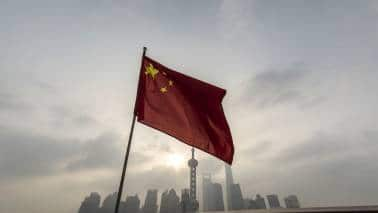
BUSINESS
China’s clean technology is made of dirty metals
Decarbonisation is fueling consumption of metals, chemicals and glass, which are in turn causing a lot of greenhouse pollution as they’re manufactured. Clean-energy products are much more efficient than the alternative once they’re being used — but producing them is causing a spike in carbon emissions

BUSINESS
The world’s forests are doing much better than we think
The UK as a whole has nearly three times as much forest as it did at the start of the 20th century. China’s forests have increased by about 607,000 square kilometers since 1992, a region the size of Ukraine. The European Union has added an area equivalent to Cambodia to its woodlands. But Brazil alone removed enough woodland since 1992 to counteract all the growth in China, the EU and US put together

BUSINESS
Plastic bag bans have failed in every way except one
You need to use a reusable plastic bag 52 times before its environmental impact drops below that of a disposable one, rising to 20,000 times for organic cotton. A better solution would be to give people the option of using bags with the lowest single-use climate impact — and then charge a discouragingly high price for all carry bags, so that they get reused as much as possible

BUSINESS
Electric aircraft may have more potential than we thought
A startup Elysian Aircraft BV deserves credit for kicking the tires on some widely held views about electric aviation. The duopoly of Airbus and Boeing have made only fitful attempts to develop such vehicles
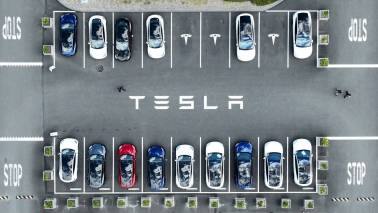
TECHNOLOGY
EVs are cheaper than ever. That’s bad for EV owners
Price parity now appears to be arriving. That’s great news for the electric car industry, and for drivers who’ve not been able to afford a battery vehicle. But not so good for EV owners who want to sell their used cars

BUSINESS
Tax officials are making energy more costly and dirty
Dipping consumer sentiment towards EVs might be a whole lot different if protectionist barriers that keep cheap Chinese inputs out were lifted

BUSINESS
Democracy and climate politics are set to collide next year
After the legalistic niceties of environmental diplomacy, the dirtier business of political maneuvering is going to consume the world’s democracies over the next 12 months. In 2024, climate will be on the ballot in a way we’ve rarely seen

BUSINESS
Address drivers' range anxiety over inadequate EV charging networks
Poor availability of charging is one of the main reasons potential EV buyers cite in holding them back from a purchase. Those consumer doubts, in turn, have encouraged a widening group of automakers to slow down their targets for going electric. This could become a vicious circle

BUSINESS
COP28 is turning into a trade show. And that’s not a bad thing
The number of corporate types turning up at climate conferences should be taken as a positive, rather than a negative indicator. Global commerce has long structured itself around trade fairs, expos and conferences that commonly host 10,000 people at a time. Where the suits lead, money follows

WORLD
The real action against Methane emissions is at OPEC
Oil companies aren’t stupid: If they are throwing away CH4 as waste gas, it’s very often because capturing and selling it is very hard. The only viable way to tackle CH4 emissions is to stop burning fossil fuels. Only oil supply cuts, rather than making industry operations more efficient, will make a real difference

WORLD
COP28: We are not speaking the same language on climate targets
The 198 states attending the UN climate conference face a Tower of Babel in their attempts to hammer out a common agreement. The most prominent is the schism between the developed world bloc and China, collectively the biggest emitters. There is a culture clash between both sides on the ambitiousness of their green commitments which need urgent resolution
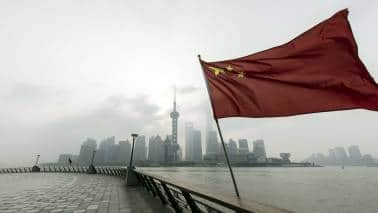
ENVIRONMENT
COP28: China is a rich country. It can no longer cry poor on climate
China is likely to produce half the world’s steel and coal this year, and emit more carbon than every developed nation put together. Even adjusting for its huge population, it now consumes more energy and generates more pollution per person than most countries in western Europe
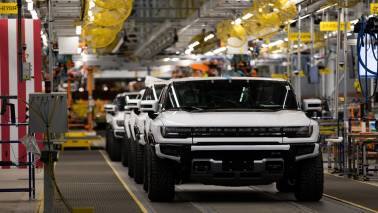
BUSINESS
EV Revolution: Sliding commodity prices will improve affordability
The commodity weakness that’s damaging share prices of lithium miners translates into lower costs for battery manufacturers, who in turn can pass on cheaper prices to carmakers. This will bring electric cars closer still to the moment of price parity with conventional vehicles
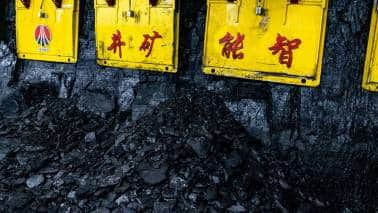
WORLD
China doesn’t have a solution for its methane problem
The best hope of reducing methane emissions at this point may simply be the rise of renewables and population decline translating into less coal being mined and fewer cows eaten. That’s not enough to put China anywhere near the path to net-zero
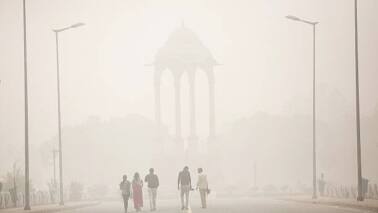
BUSINESS
India’s choking Diwali smoke billows from a failed farm policy
India’s pursuit of food security has created a farm sector riven with subsidies — for water, for the fuel that runs the pumps that draw it up from the ground, for agricultural chemicals, for the minimum prices the government guarantees for key crops, for farmer incomes, and for the Happy Seeders themselves
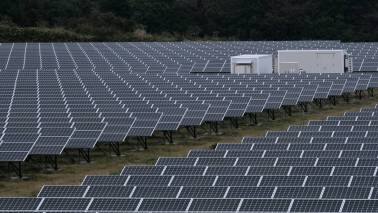
BUSINESS
How Japan became the land that the energy transition forgot
Among developed markets, Japan has seen the fossil share of its grid increase over the past decade, while zero-carbon power fell to 28%. How could the host country of the first major emissions-reduction treaty — the nation that invented the lithium-ion battery, the hybrid car and solar-powered calculator — have fallen so far behind?

BUSINESS
Wind power is in danger of dying of neglect
What wind needs is a signal that governments are going to match their clean-power pledges at whatever price the market needs, and slash whatever red tape is getting in the way of that goal
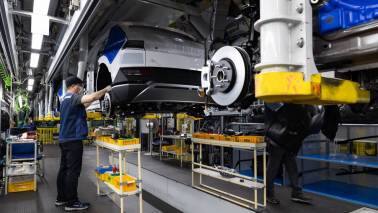
BUSINESS
A two-speed electric car market is heading for a crash
One reason that conventional vehicles are so profitable at the moment is precisely that investment in them is being wound down. Product lines are getting simplified and R&D pared back. That reduces the cost base and lifts profit margins — but if transition to EVs gets delayed, IC engine product offering risk becoming stale

BUSINESS
The problem with attacking China’s green subsidies is that they don’t exist
The low cost of Chinese-made green tech isn’t due to anything that WTO would consider a subsidy. It’s manufacturers are encouraged to invest on a scale that the world can't compete against. But China's rigid state-owned companies and off-the-books financing give ample fodder for trade partners justifying protectionist restrictions

BUSINESS
Two Australian mining billionaires are in a green energy race
Billionaires typically have one eye on their legacy, and the prize being chased by Andrew Forrest is an immense one — decarbonisation of the global materials industry. If he succeeds, even his rival Gina Rinehart, who is investing heavily in Lithium, will end up adopting green technologies his company Fortescue is now pioneering
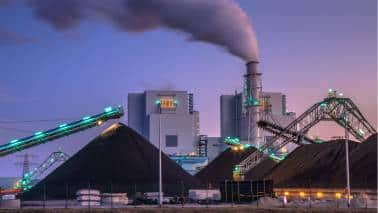
BUSINESS
China’s return to coal looks set to be short-lived
Himalayan floods are filling rivers and dams once again, bringing the nation closer to its emissions peak
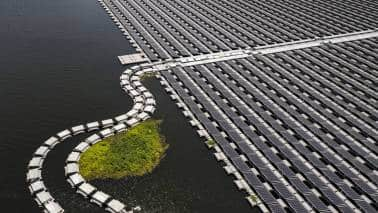
BUSINESS
China trade fights will undermine Europe’s climate ambitions
If Brussels wants to assist the slice of China’s economy pushing toward net zero, it needs to show it’s a trustworthy ally

BUSINESS
Climate Change: Europe’s palm oil fight is hazed and confused
If electric vehicles are incentivised, long-run demand for palm oil (and the incentive to clear more land) will shrink. Europe’s mistake in dealing with palm oil has been the same one that prohibitionists have always made: Attempting to limit supplies, when demand is the real source of the problem

INDIA
Climate Change: Reusable cups may be creating a new waste problem
While the advantages of switching to reusable cups are genuine, they can also be surprisingly slight, and dependent upon aspects of usage that few of us think much about. A reusable cup cleaned in the sink every day for a month and then stuck at the back of the cupboard once Halloween passes may end up having a higher climate impact than the 30 paperboard cups you’d use instead








